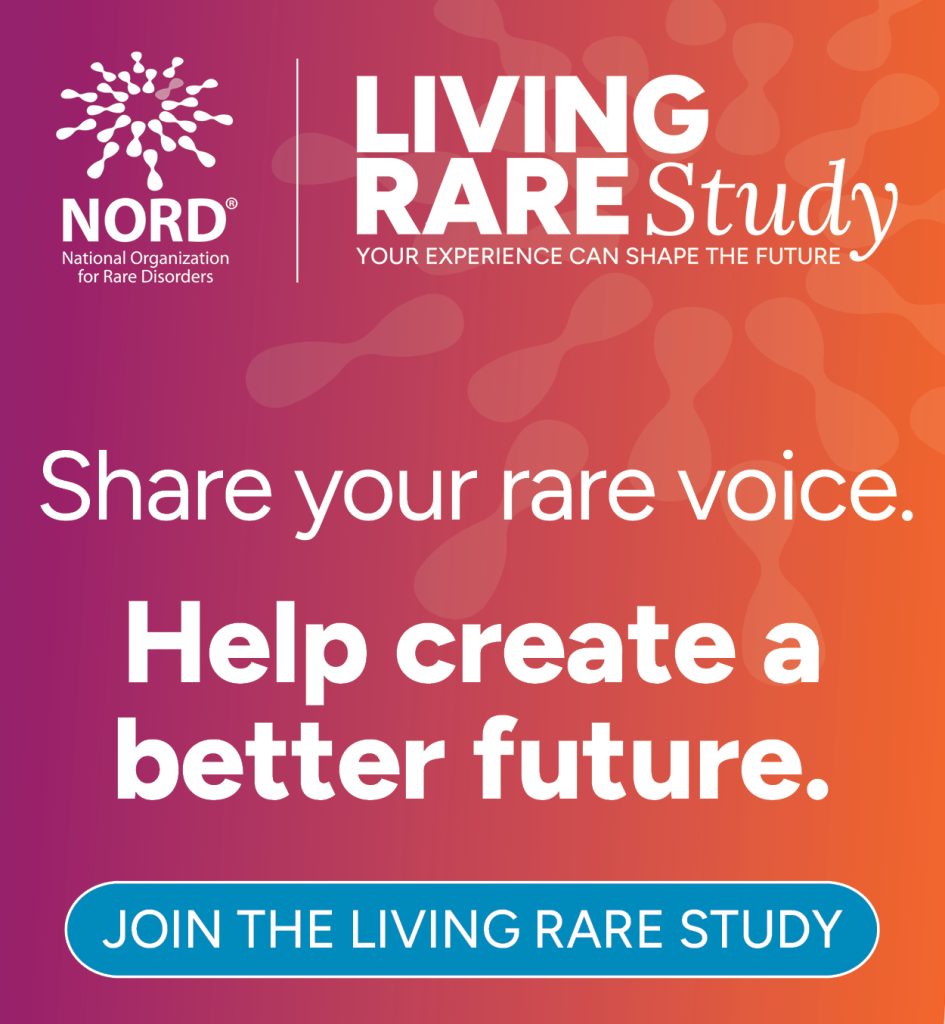In an action the rare disease community has been eagerly awaiting, the Food and Drug Administration (FDA) has announced the first-ever approval of a gene therapy in the U.S. The product is Kymriah, and it is approved to treat certain children and young adults who have a cancer of blood and bone marrow known as acute lymphoblastic leukemia (ALL).
Approximately 3,100 patients aged 20 and younger are diagnosed with ALL each year. Kymriah is approved for use in pediatric and young adult patients with a specific type of ALL and is intended for patients whose cancer has not responded to, or has returned after, traditional treatment.
“We’re entering a new frontier in medical innovation with the ability to reprogram a patient’s own cells to attack a deadline cancer,” FDA Commissioner Scott Gottlieb MD said.
Each dose of Kymriah is a customized treatment created with the patient’s own cells, which are genetically modified to target and kill leukemia cells. In a clinical trial of 63 pediatric and young adult patients whose ALL had not been stopped by other treatment, 83% responded to Kymriah.
Gene therapy is a topic of tremendous interest in the rare disease community at this time, and researchers are studying its potential for treating many rare diseases. The treatment is attractive because it offers the potential to “cure” disease by modifying the patient’s own genetic material.
Gene Therapy to be Discussed at NORD’s Upcoming Summit
Kymriah was developed by Novartis Pharmaceuticals, and a senior official from Novartis is scheduled to speak on “The Promise of Gene Therapy” at the upcoming NORD Rare Diseases and Orphan Products Breakthrough Summit to take place in Washington DC on October 16-17.
David Lebwohl MD, Senior VP and Global Head of Cell and Gene Therapy at Novartis, will talk about gene therapy in a session on “Next-Generation Treatments & Advancing Clinical Trials” on Day 1 of the Summit (Oct. 16).
In this session, Dr. Lebwohl will join speakers from NIH, patient organizations and industry to discuss current opportunities for innovation and advances in treatments for people living with rare diseases.
Long-Awaited Development
For many years, rare disease patients have looked to gene therapy with hope that it might someday provide a one-time, curative treatment for serious chronic diseases that otherwise might require a lifetime of symptomatic care or for which there is no effective treatment at all. It is currently being explored as a potential therapy for certain inherited disorders, some types of cancer and certain viral infections.
Researchers are exploring several approaches to using gene therapy including replacing a defective gene with a healthy copy of the gene, inactivating a mutated gene and introducing a new gene into the patient’s body to fight disease.
While treatment with Kymriah does have the potential to cause severe side effects and additional study will be needed, Dr. Gottlieb, on the day the approval was announced, called it “an important milestone in a long journey to transform clinical medicine using modern advances in genomics.”





